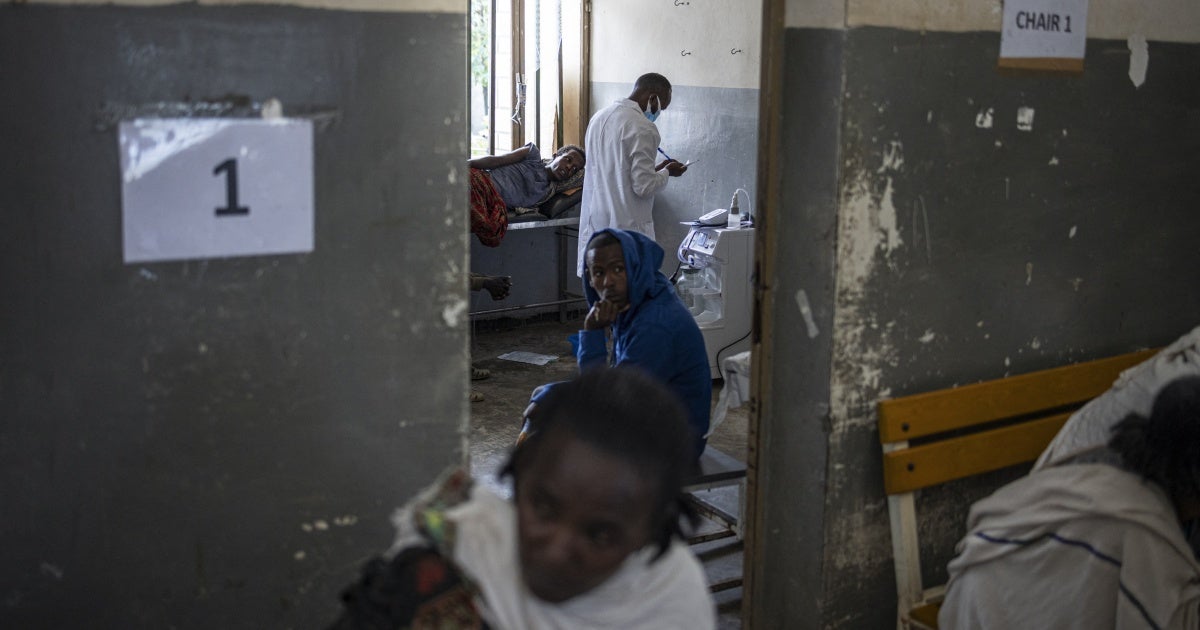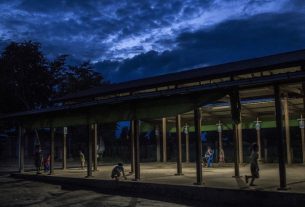Health professionals in Ethiopia plan to resume striking on September 15 to demand better wages and living conditions, marking the second round of strikes in recent months.
Following months of organizing spearheaded by the Ethiopian Health Professionals Movement (EHPM), public health care workers launched a nationwide walkout in May, halting nonemergency health services. The professionals raised numerous grievances, including improved working conditions, fair salaries, health insurance, and access to affordable housing and transport.
There are limits on health workers’ right to strike under Ethiopian law, and the government is more broadly intolerant of protest and dissent. Health workers’ decision to brave the risks of protesting in this way reflects the desperate importance of the problems they want the government to address.
Instead of engaging in good faith dialogue, the government clamped down. Authorities detained dozens of striking doctors. Police charged one prominent figure in the movement, Dr. Daniel Fentaneh, with “inciting, mobilizing, and organizing a strike,” alleging it resulted in the loss of human life. He spent 27 days in detention before being released on bail. The Ethiopian government has suspended the Ethiopian Health Professionals Association (EHPA), a group that endorsed the striking workers’ demands.
Health officials say they will strike again now in hopes that the Ethiopian government will address the issues that are still unresolved.
Salaries of Ethiopian medical professionals remain low, with some surgeons earning on average less than US$100 per month. Rising inflation and a deepening cost of living crisis are causing further strain, making even basic necessities unaffordable for Ethiopians from all walks of life.
The government says it’s working to address health care workers’ grievances. In late August, the Ministry of Health issued instructions to regional and city administrations to establish clinics where medical professionals and their families could access free care and for health institutions to provide transport during working hours. Discussions about salary increases and overtime benefits are forthcoming, according to EHPM’s Facebook page.
Health professionals are skeptical.
The risks they face are real. Ethiopian police detained three journalists from a popular private station, Sheger FM, after it aired a broadcast about the upcoming strike. Two of the journalists remain in detention and may face charges of terrorism.
As the strike approaches, the government has an opportunity to demonstrate that it is serious about tackling the crisis affecting the country’s health care system and the longstanding concerns of its health care professionals.



